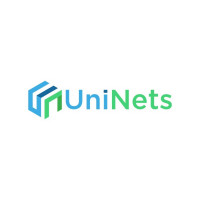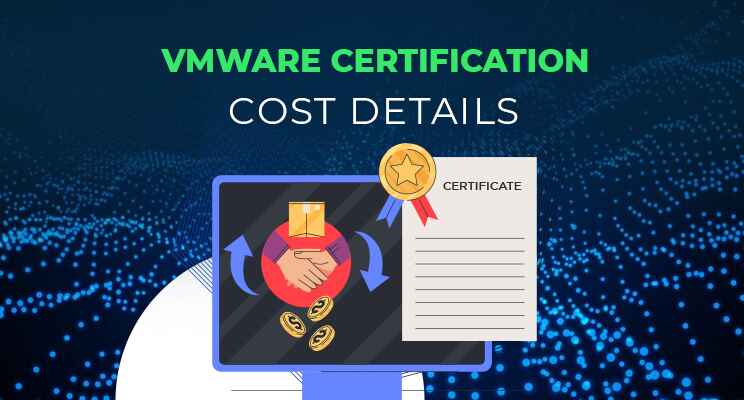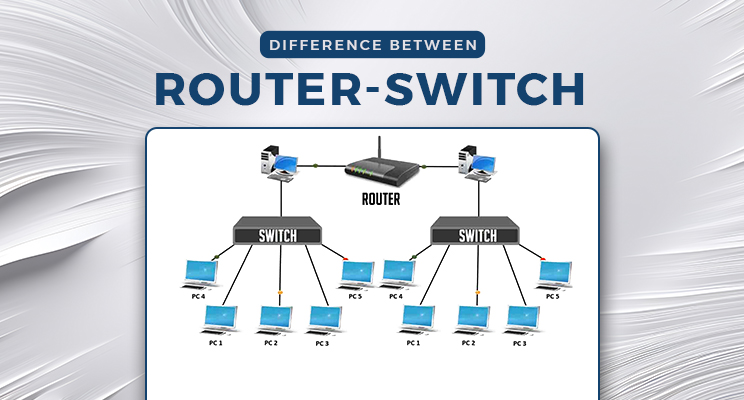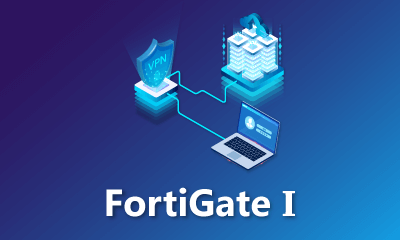Linux Interview Questions Every Cisco and SCCM Candidate Should Know

Strong 8k brings an ultra-HD IPTV experience to your living room and your pocket.
Linux is an essential skill across many IT domains, particularly for professionals preparing for roles involving Cisco networking or SCCM (System Center Configuration Manager). Whether you’re pursuing Cisco courses or looking to advance in system administration, you’ll likely encounter Linux in both practical and interview settings.
At UniNets, our course curriculum makes students ready for practical situations and technical job interviews. In this blog, we've discussed the most significant Linux interview questions and answers to assist you in acing your subsequent job interview — particularly if you're looking for Cisco or SCCM technology-related jobs.
Why Linux is Essential in Cisco and SCCM Jobs
Linux drives the backbone of today's IT infrastructure. Routers, switches, firewalls, and even cloud installations often use Linux-based operating systems. Likewise, SCCM is now Linux-endpoint-capable in enterprise deployments, making familiarity with the Linux command line, package management, and system services critical to professionals.
Furthermore, most Cisco training labs include setting up network devices that run on Linux-based firmware. Thus, interview preparation with Linux interview questions with answers puts you at a notable competitive advantage.
Best Linux Interview Questions and Answers
Now, let us explore the most suitable Linux interview questions that fit Cisco and SCCM job roles.
1. What is Linux and what are its applications in networking?
Answer:
Linux is a free, open-source Unix-like operating system used extensively in servers, network equipment, and embedded devices. In networking, it is employed to administer routers, firewalls, DNS servers, and DHCP services. The majority of Cisco equipment also employs a Linux-based operating system at its core.
2. You can display running processes in Linux by:
Use the ps, top, or htop commands to list active processes. These commands list real-time CPU and memory usage and are essential when working with Linux servers or devices in Cisco environments.
3. How do you locate the IP address of your system in Linux?
Answer:
Use the ip a or ifconfig command to list network interfaces and IP settings. This is usually required for network troubleshooting or SCCM client installations.
4. Define soft links and hard links.
Answer:
Soft Link (Symbolic): Refers to the file name
Hard Link: Refers directly to the file's inode
Soft links are broken when the original file is deleted, while hard links remain functional.
5. How do I schedule a task in Linux?
Answer:
Recurring tasks can be scheduled using cron and one-time tasks can be scheduled using at. For instance:
bash
Copy
Edit
crontab -e
6. What is runlevel in Linux?
Answer:
Runlevels determine the state of operation of the system. For example:
0 – Halt
1 – Single-user mode
3 – Multi-user, no GUI
5 – Multi-user with GUI
6 – Reboot
Systemd-based systems currently employ targets in place of the legacy runlevels.
7. How does Linux integrate with SCCM?
Answer:
Latest SCCM releases have support for Linux clients. Software deployment, patching, and monitoring can be controlled through SCCM post-configuring the agent on the Linux system. Familiarity with Linux assists in debugging such integrations.
Switching vs Routing: What Every Network Candidate Should Know
It is critical for network professionals, particularly those on Cisco training or studying for Cisco certification exams, to understand the distinction between switching and routing.
Switching works at Layer 2 (Data Link Layer) and is utilized to pass data between the same network based on MAC addresses.
Routing works at Layer 3 (Network Layer), passing data from one network to another based on IP addresses.
Being familiar with the concepts of switching vs routing will come in handy when setting up devices, troubleshooting traffic, or studying for hybrid Cisco-Linux environment roles.
Elements of Computer Networks You Should Know
Experts in both Cisco and SCCM professions need to know the elements of computer networks. These are some basics:
Routers: Direct traffic between networks (tend to run on Linux)
Switches: Link devices in the same network
Firewalls: Protect network traffic; tend to be Linux-based such as pfSense or iptables
Servers: Serve DNS, DHCP, web services (tend to run Linux)
Clients: Devices accessing network resources (Windows, Linux, etc.)
Interviewers can evaluate your capacity to control or keep track of these elements through Linux commands, particularly in network or system administration positions.
Linux in Cisco Training and Certification
Our Cisco training at UniNets covers hands-on lab exercises where students are trained to manage network devices using both Cisco IOS and Linux-based applications. Knowledge of Linux enables you to:
Employ applications such as Nmap, Wireshark, and tcpdump
Monitor traffic and performance statistics
Secure and manage network services effectively
Moreover, understanding Linux boosts your readiness for advanced Cisco courses, where systems often integrate with Unix/Linux environments.
Preparing for Success with UniNets
We at UniNets provide job-oriented training in Linux, SCCM, and Cisco technologies, ensuring that our students are well-prepared for interviews and real-world roles. Our curriculum covers the theory, hands-on practice, and mock interview preparation — all designed to build confidence and technical competence.
Final Thoughts
Linux is still a critical components of computer networks today's IT environments. Whether you are looking to become Cisco certified, running systems with SCCM, or working with network elements, knowing the most applicable Linux interview questions and answers will be crucial to your success.
Learning switching vs routing, computer network elements, and Linux fundamentals guarantees that you are adequately equipped for interviews and workplace demands.
Note: IndiBlogHub features both user-submitted and editorial content. We do not verify third-party contributions. Read our Disclaimer and Privacy Policyfor details.







